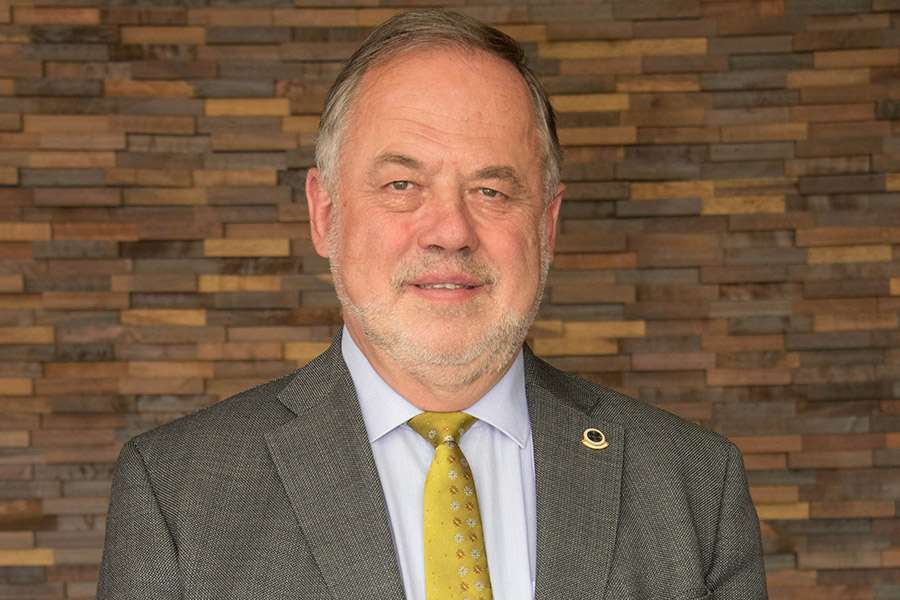|
|
Data exchange and “smart” citizens, who are autonomous and socially aware – these could be the keys for today’s cities in order to finally evolve to the concept of a smart city. The idea is to create smart cities with universal management standards to improve the citizens’ health, among others. This is especially important in the context of a pandemic, such as the one we are currently facing. It will clearly not end in 2020 and could appear again in the future, perhaps with other infectious agents. At least that is what the experts say, and the lessons we have learnt from Covid-19 cannot be ignored. We are aware that we must take care of ourselves within this pandemic, but how can the concept of a smart city help with that? As an example, I would like to quote a study of the World Economic Forum, which, based on an article by the Newcastle University in England, analyzed how different technologies for smart cities can help to track the movement of people in a city. These technologies are used to monitor the flow of pedestrians and public transport users, so it should also be possible to verify how many people are moving around, for traceability and social distancing purposes. In Temuco, the Smart Araucanía project is financed by the Inter-American Development Bank (IADB), the Production Development Corporation (Corfo) and the Regional Governments of Chile (GORE). It promotes an infrastructure to facilitate the interaction between startups, citizens, authorities and companies, and the Universidad de La Frontera (UFRO) is an active part of this endeavor. Within this framework, researchers from the Center for Software Engineering Studies (CEIS) and the Department of Electrical Engineering of the School of Engineering and Sciences are developing an app to monitor the air pollution in real time, and to obtain information from 30 different locations in Temuco. This is how “AIRE” – the app, which is already available in your App Store and Google Play and which is free of cost – allows you to know the levels of particulate matter in each of the locations and to receive an alert in case of any critical situation. Given the increase in the number of COVID-19-cases and the negative effect that the air pollution can have on the spread of the virus, the app is becoming a valuable guide for the citizens of Temuco. Once again, this is an example of how science and technology are at the service of people, especially in such hard times as we are currently facing, and UFRO is aware of that. |





